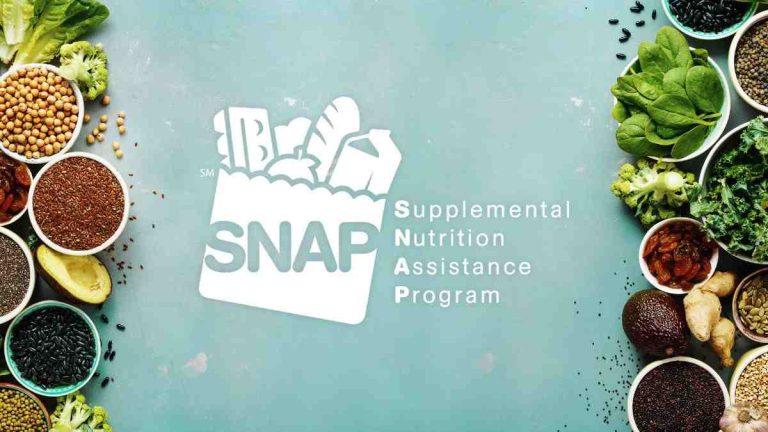BIG UPDATE: Social Security confirms no SSI payments until October 2024
The Social Security Administration (SSA) has announced that recipients of Supplemental Security Income (SSI) will not receive any further payments until October. This adjustment in the payment schedule has caused concern for many individuals who depend on these funds to cover their basic needs. If you are affected by this delay, it’s crucial to understand the reasons behind the pause and how to manage your finances until payments resume.
Understanding Supplemental Security Income (SSI)
The Supplemental Security Income (SSI) program provides financial assistance to individuals with limited income, disabilities, or those over the age of 65 who do not have sufficient resources to cover their essential expenses. Managed by the SSA, this program delivers monthly payments that support millions of Americans in making ends meet.
Key Benefits of SSI
SSI is critical for individuals facing economic hardship, as it helps cover basic needs such as food, housing, and medical services. Unlike other Social Security programs, SSI is not funded through Social Security contributions but rather through the U.S. Treasury. This distinction ensures that the program is specifically designed for those unable to work or who have very limited income.
Key Dates in the SSI Payment Schedule
Here are the important dates for SSI payments for the remainder of the year:
- September advance payment: August 29
- October payment: October 1
- November advance payment: October 31
- December payment: December 1
As noted, there will be no direct payments in September or November, but beneficiaries will have already received their funds in advance. Understanding this timeline is essential to avoid any financial difficulties during these months.
Reasons for Changes in the SSI Payment Schedule
Each year, the SSA establishes a payment schedule for all the programs it manages. While most SSI payments are issued on the first of each month, adjustments may occur if the first day falls on a weekend or holiday. In these instances, the payment is moved to the last business day before the scheduled date.
For the remainder of 2024, SSI beneficiaries should be aware that there will be no payments in September or November. This does not mean that benefits for these months are lost; rather, the payments have been moved forward. For example, beneficiaries received their September payment on August 29, and the November payment is scheduled for October 31.
Managing Finances During Payment Delays
For those relying on SSI payments, it’s important to plan ahead and budget accordingly during these gaps in payments. Consider the following tips to manage your finances until the next payment is received:
- Create a Budget: Outline your essential expenses and allocate funds accordingly to cover the period until your next payment.
- Seek Additional Assistance: Explore local resources, food banks, or community programs that may offer temporary support.
- Plan Ahead: Keep track of upcoming payment dates to prepare for any future delays or changes in the schedule.
Being informed about the SSI payment schedule and understanding the reasons for any changes is vital for recipients who depend on these funds. By planning ahead and managing finances wisely, beneficiaries can navigate these adjustments more effectively and ensure their basic needs are met until payments resume.






